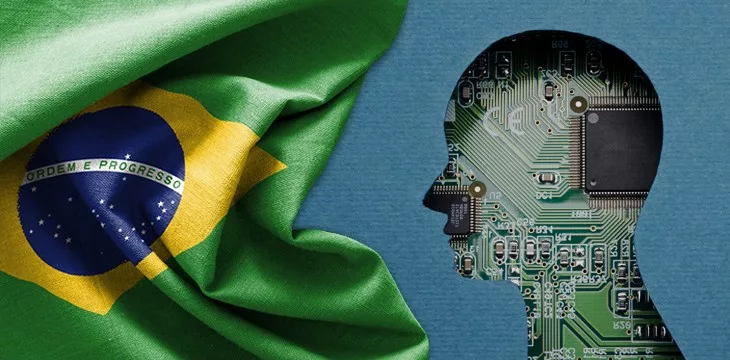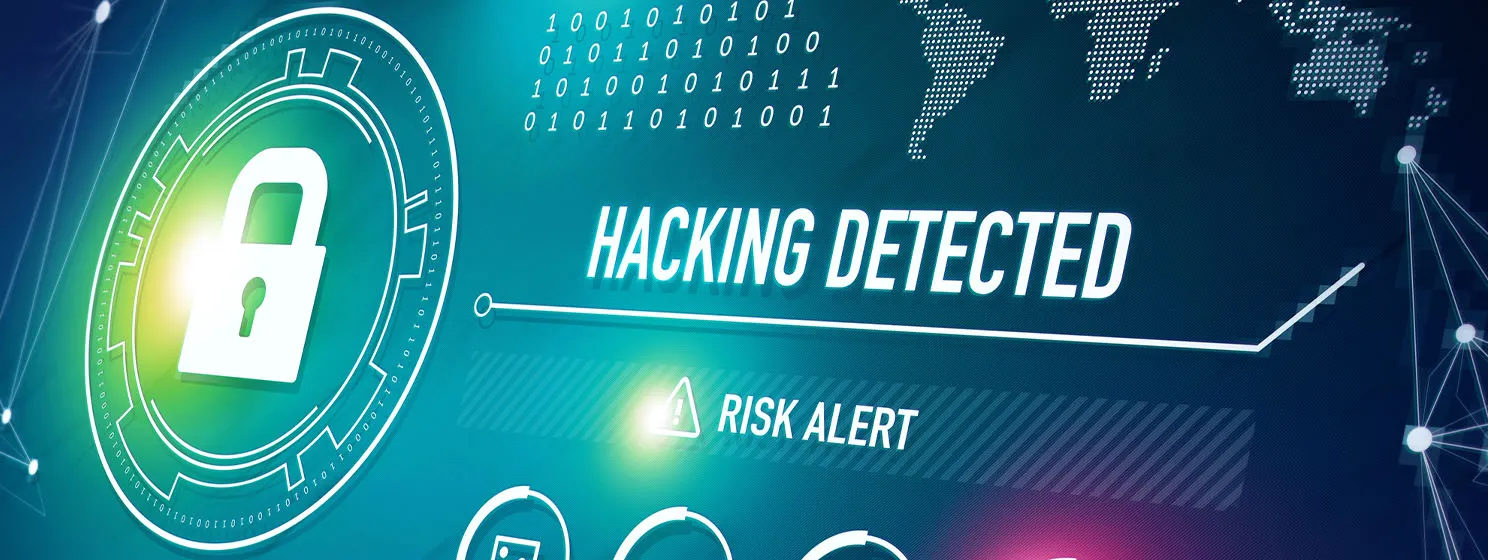|
Getting your Trinity Audio player ready...
|
Brazil has become the latest country to join the regulatory train for artificial intelligence (AI) after its Senate’s Internal Temporary Commission on AI (CITA) voted in favor of a work plan to establish new guidelines.
The symbolic vote signals a strong intention by the Commission to roll out Brazil’s first comprehensive AI law and will begin with a series of public hearings. The blueprint will see the Commission interface with AI experts, academics, executives, and the general public for 90 days on the best ways to regulate AI.
Alongside the public consultation, the Commission is expected to analyze and produce a report of a bill (Senate Bill No. 2338) within 120 days. It is expected that the AI bill, brought forward by Senator Rodrigo Pacheco, could be subject to several alterations following the Commission’s report.
“This is a complex proposal that requires careful analytical effort, with a view to ensuring the well-being of the Brazilian people, ensuring both economic and social growth,” read the report. “It is also important to highlight the need to analyze the international scenario of regulation of the matter, in order to maintain, as much as possible, coherence between standards.”
A cursory glance at the policy statement offers several insights into the Commission’s regulatory direction. Although the protection of consumers ranks at the top of the pyramid for CITA, the Commission’s vice president, Senator Marcos Pontes, confirmed that it will be pursuing a healthy balance to encourage innovation.
“It is right that we protect the interests, privacy, and ethics of the individual,” said Pontes. “So that it does not place more weight on development and innovation.”
With the challenge of the “precautionary principle” out of the way, CITA says it will scrutinize the effects of AI on key sectors of the economy, including national security, education, healthcare, and cybersecurity. Going forward, the Commission affirms that its efforts will streamline rules to meet global regulatory and technical standards.
AI tools like ChatGPT and Google’s (NASDAQ: GOOGL) Bard have gained a massive following in Brazil, with thousands of residents leading on the products to augment their work processes. However, privacy and ethical concerns continue to trail their usage in the country, with critics raising alarm over the risk of deepfakes and impersonation.
A global regulatory effort
Aware of the dire risks posed by AI and other innovative technologies, experts have urged countries to explore the possibilities of a global regulatory effort. They argue that common standards will ensure greater consumer safety while fostering innovation across jurisdictions.
The U.K. has taken the lead with its planned AI Global Summit scheduled for November, nursing plans to lay the foundations for an international framework. While several countries are expected to be in attendance, leading AI developers like Meta (NASDAQ: META), OpenAI, and Google will take part in the high-level discussions.
In order for artificial intelligence (AI) to work right within the law and thrive in the face of growing challenges, it needs to integrate an enterprise blockchain system that ensures data input quality and ownership—allowing it to keep data safe while also guaranteeing the immutability of data. Check out CoinGeek’s coverage on this emerging tech to learn more why Enterprise blockchain will be the backbone of AI.
Watch: AI, ChatGPT, and Blockchain

 08-07-2025
08-07-2025 





